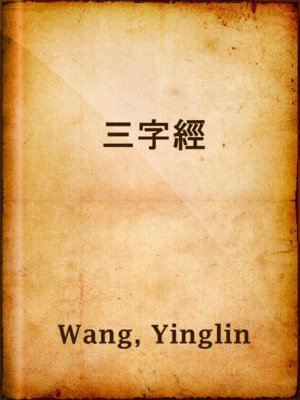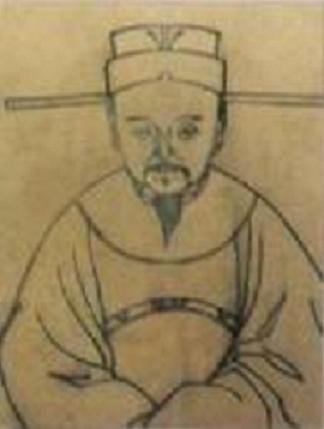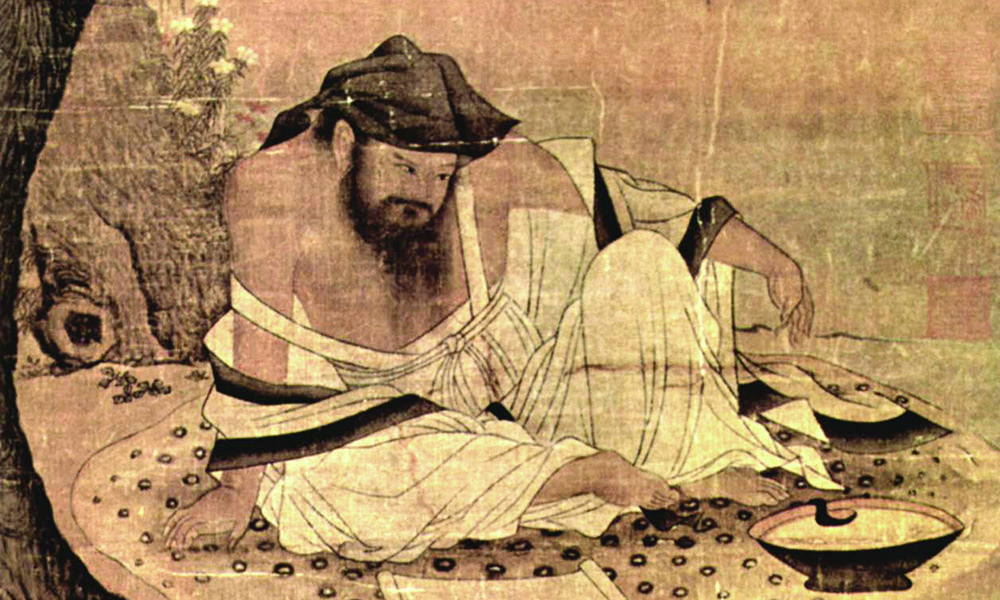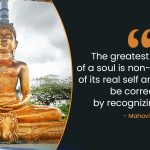Jing in Chinese literally means “invariable truth.” In ancient times, a book called jing (classic) denoted a work of great value. Among all the Chinese classics, The Three Character Classic is the simplest and easiest to understand. Its scope is broad, covering literature, history, philosophy, astronomy, the ethics of human relations, and elements of morality. Moreover, the content is rich, interesting, and inspiring. The verses are short and simple, all in character triplets, and are thus very suitable for oral reading.

The Three Character Classic or San Zi Jing(三字经), is the best known classic Chinese text for children. Written by Wang Yinglin (1223–1296 A.D) during the Song Dynasty, it has been memorized by generations of Chinese, both young and old. Others think the author was Ou Shizi, who lived during the latter years of the Song Dynasty.

养不教,父之过。教不严,师之惰。子不学,非所宜。
幼不学,老何为。玉不琢,不成器。人不学,不知义。
However, after the Cultural Revolution in China, the Three Character Classic was banned and eventually fell into disuse. In this series, we revive and review this great Chinese classic, drawing ancient lessons of wisdom for our modern-day lives.
Through the education system, Confucian values were imbued in children from a young age, and remained the backbone of education even at advanced, scholarly levels.
The ancient Chinese always had a thing about education—kids were expected to go to school (if it was within the family’s means) and to invest a good amount of time and effort in studying. The Three Character Classic alludes to how important education was in ancient Chinese culture. “If the child does not learn, this is not as it should be. If he does not learn while young, what will he be like when old?”

Education was not just an asset, but a mandatory part of a child’s development. In particular, education and schooling were considered essential for grooming a child’s values and moral character. “If a man does not learn, he will not know the virtues of honesty and righteousness.”
By enforcing classroom discipline from a young age, the teachers ensured that the students had a solid foundation for learning, which would serve them well for many years to come.
The imperial examinations, which were established during the Sui and Tang Dynasty, were the main drivers for meritocracy and social mobility. Before that, important government roles were assigned purely by recommendation, and this went to those from rich and influential families.











